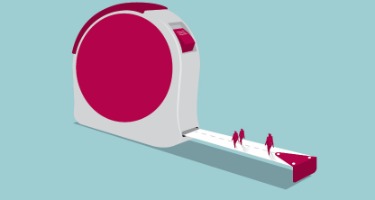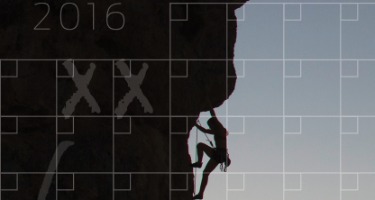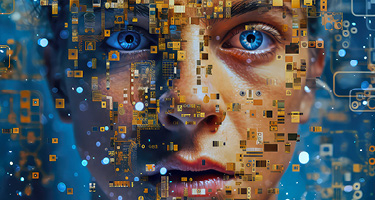Advanced technologies are making their way into the workplace with no signs of slowing down. Handwritten employee time records and schedules are being replaced by more sophisticated systems and technologies.
One such technology is biometrics. Biometric technology measures and analyzes individuals’ biological data to identify and authenticate employees, track productivity, improve security, and more. Popular forms of biometric systems include finger and hand scanning, facial and voice recognition, and iris scanning, among others. While companies’ use of biometrics may rarely be challenged by consumers (for example, to gain entry to an amusement park or tanning bed), employees are more likely to view the use of their biometric data as a dangerous and unnecessary intrusion. Employers should therefore be prepared for resistance when biometrics are introduced into the workplace.
“Often, the fear is that the data could be stolen or misused. However, much of this fear is unfounded and can be reduced by properly explaining the technology.”
Workplace biometrics are increasingly popular in response to the rising tide of wage and hour claims against employers under the Fair Labor Standards Act (FLSA). With the volume and monetary risks of FLSA claims continually increasing, biometric technologies, such as finger or hand scanning devices, can help employers reduce employee fraud. For example, by using biometric data to identify employees and authenticate time records, employers can better enforce timekeeping policies and procedures and make it more difficult for employees to engage in “buddy punching” (when employees get co-workers to record inflated or inaccurate hours worked). Additionally, as employers look for better ways to protect their workforces and capital, provide increased security, restrict access to specific areas, and track employee whereabouts at any given time, improvements in biometric technology can be used with keyless locks to track employee access and activity more accurately.
As biometric technology becomes more common in the workplace, employees, unions, and others increasingly object to its use. They argue that the technology is too invasive, a violation of privacy, or easily compromised. Often, the fear is that the data could be stolen or misused. However, much of this fear is unfounded and can be reduced by properly explaining the technology and informing the employee that what is stored by the system is only a comparison model from which his or her actual individual characteristics cannot be reproduced.
Employers frequently ask what they can do when an employee objects and will not provide the requested biometric data. One possibility is termination of employment. The “employment-at-will” doctrine allows employers to terminate employment for any reason, as long as it is not an illegal reason. Absent legislation or other restrictions providing that an employee cannot be fired for refusing to provide biometric data ensures that an employer has the right to terminate any individual who refuses to comply. While termination of employment may be permissible, additional factors should be considered before taking action.
One factor to consider is the potential for unlawful discrimination claims under federal, state, or local laws. In 2013, the U.S. Equal Employment Opportunity Commission filed a lawsuit against Consol Energy, Inc., and Consolidation Coal Company, alleging unlawful discrimination on the basis of religion under federal law. Based on his religious beliefs, an employee objected to providing biometric data for a biometric hand scanner. The employee requested a religious accommodation and, although the employer previously provided an accommodation for two disabled employees, the religious accommodation request was denied. The case went to trial, and the jury found in favor of the employee, awarding $150,000 in compensatory damages. The judge awarded an additional $436,860.74 in back- and front-pay damages.
While appeals are pending, the nearly $600,000 decision shows just how important it is for employers to be fully versed on potential issues prior to implementing a biometric system.
Advanced technologies in the workplace, including biometrics, are here to stay. It is imperative that employers do their homework and be prepared for the challenges associated with the evolving use of biometrics in the workplace.
Insight
Biometric Data in the Workplace
Potential risks and legal considerations.
































